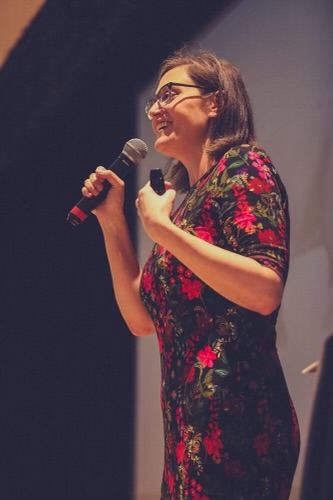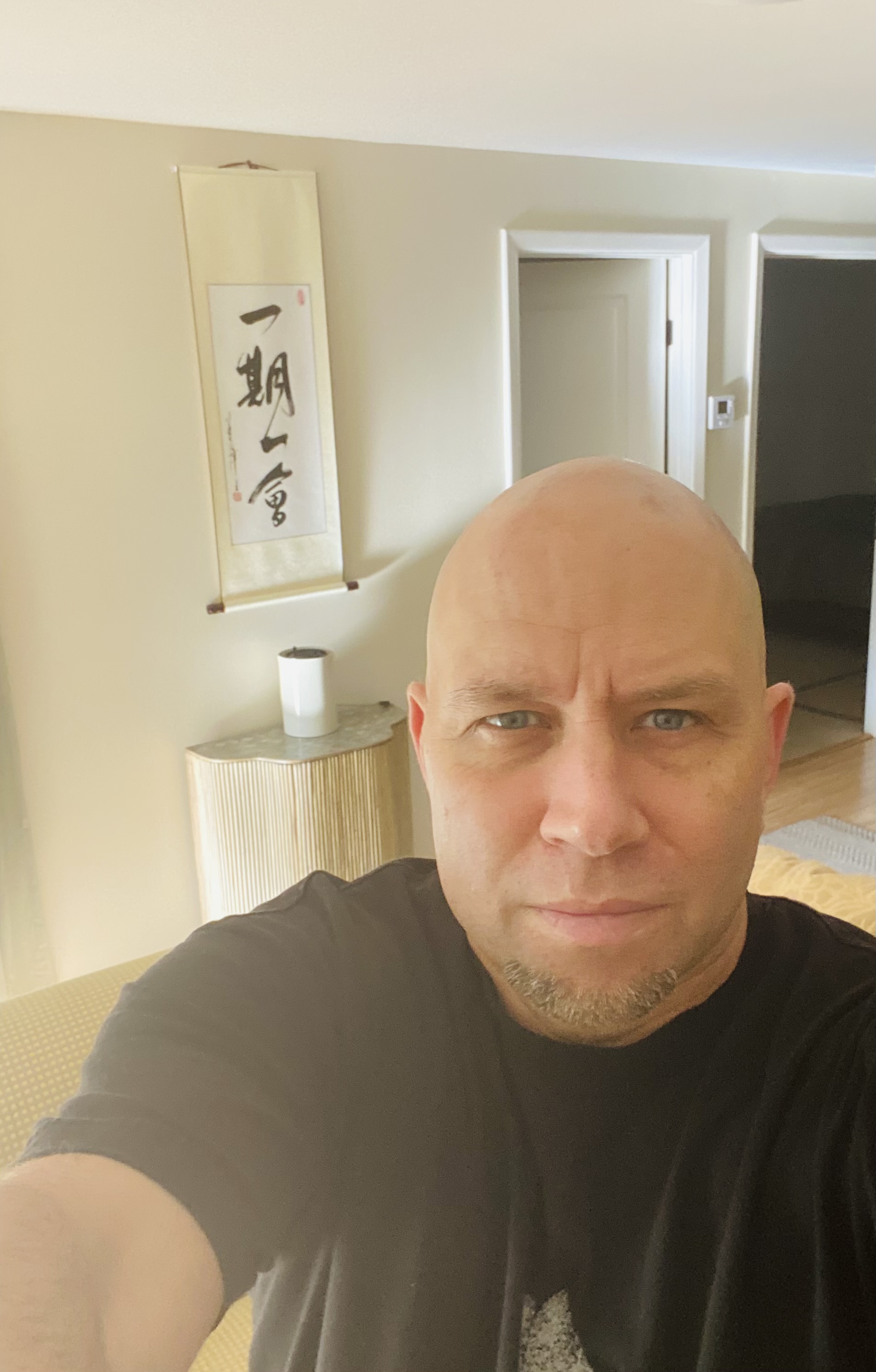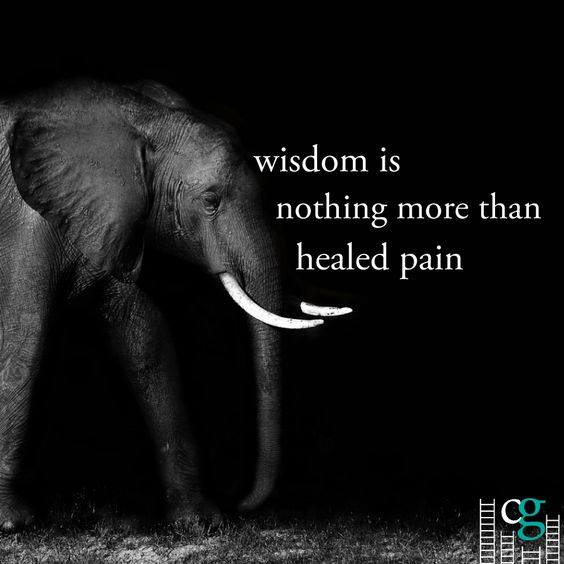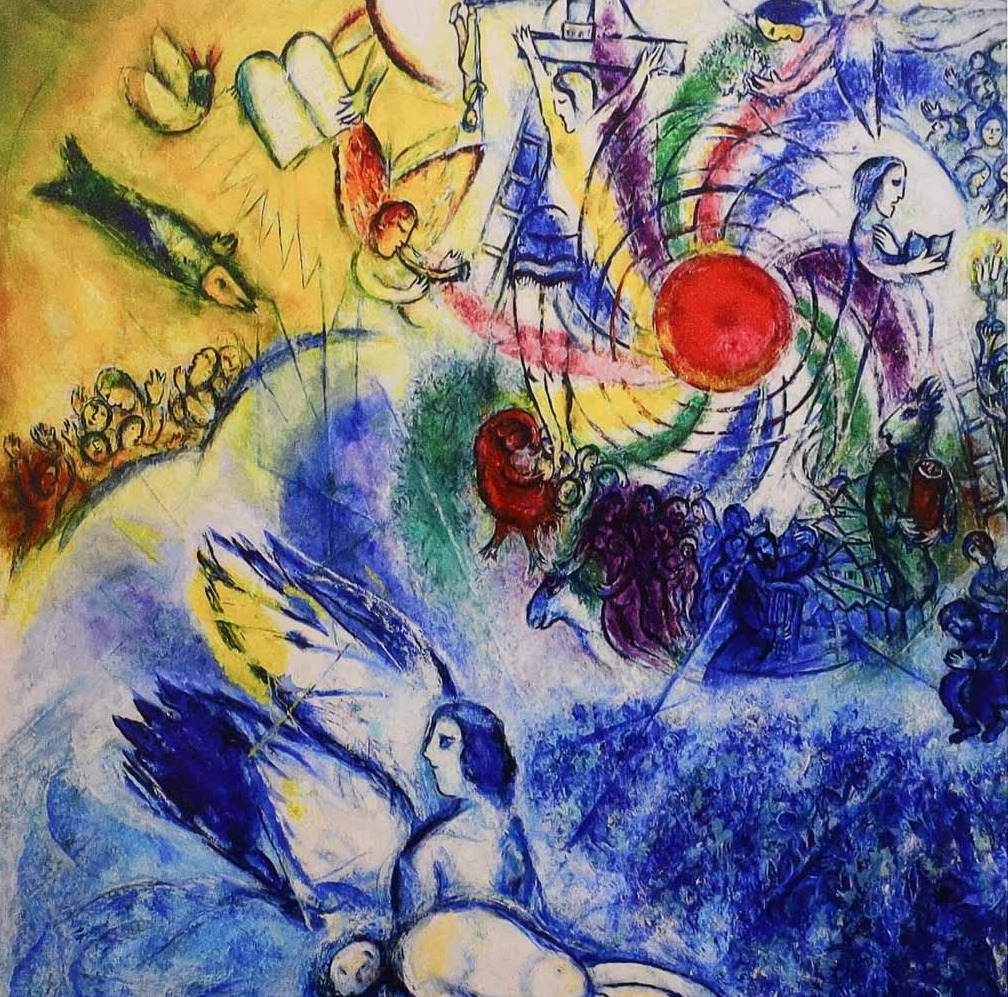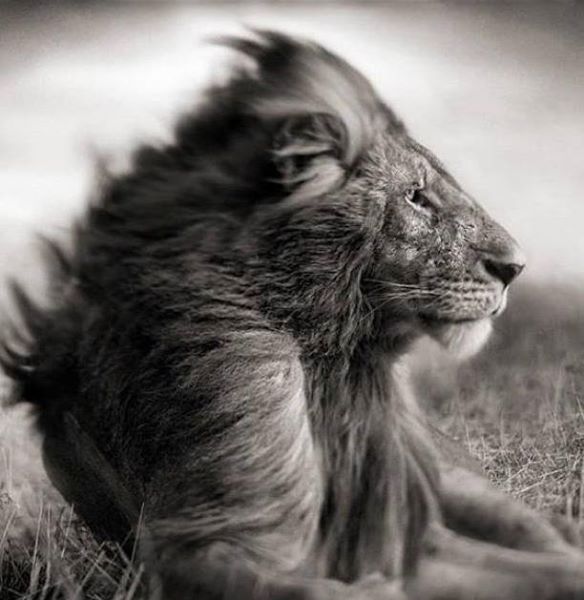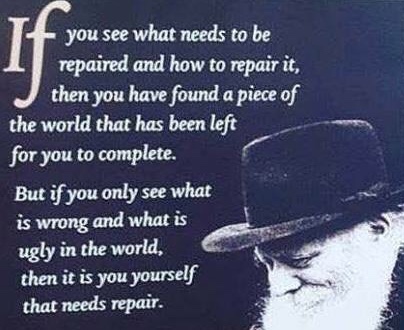Episode Transcript
[00:00:00] Speaker A: Jess, I'm your host, Rabbi Jess Minnon, and it's a pleasure to be here today with my friend, Reverend Amanda Barker. Reverend Barker is the curate at St. Aidan's Episcopal Church in Boulder. A curate, in case you did not know, because I did not know is a fancy term used in the Episcopal Church, which means that she's an assistant priest and that this is her first call and congregation. She grew up in the church and became a priest in 2024 after receiving her Master's of Divinity from the Church Divinity School of the Pacific.
Amanda's background is in the nonprofit sector, where she worked for two decades with various groups on land conservation and historic preservation action in Colorado. At the start of her career, she served as a Peace Corps volunteer in Madagascar. She now lives in Boulder with her husband and two stepchildren. When she's not at church, she's cooking, reading, and traveling to new places and to her favorite people. And she has become an avid backyard bird watcher. I do want to add that in addition to all those many distinctions, Reverend Barker has the distinction of being my college roommates. Reverend Amanda Barker, welcome.
[00:01:25] Speaker B: Such a pleasure to be here with you. Rabbi JESS what? What a treat.
[00:01:30] Speaker A: Thank you. So for the rest of the time, we are going to refer to each other as Jess and Amanda because that's how we have referred to each other for these 25 years. What I've been thinking about a lot lately, as we in the Jewish calendar approach the Passover season, is the idea of redemption. Big word, holds a lot, or in Hebrew, the idea of redemption. And I had this idea to create a shared intention of exploring alongside my friend Amanda how our faith traditions think about redemption and why it matters. Now, how does the Episcopal tradition think about define redemption? What does that mean for you?
[00:02:24] Speaker B: Yes. So what a topic. It is large and wide spanning redemption. In Christian theology, it's the idea of liberation from sin. And by being redeemed, we are then restored into right relationship with God. This theology of redemption is fully embodied in the life, death, and resurrection of Jesus Christ.
So it's this idea of being saved from sin.
It's not actually rescue, but it's this process. It's a process of grace, forgiveness, and reconciliation.
[00:03:15] Speaker A: So.
[00:03:15] Speaker B: So when we have Jesus as our focus point in this large theological concept, we are able to interact with God and receive that redemption.
[00:03:31] Speaker A: It's beautiful and fascinating, but what really stood out for me there is this idea of a literal embodiment through the figure of Jesus, life, death, and resurrection. And the reason it stood out is because of the three part aspect of that experience. So it reminds me a little bit of the three part sort of core Jewish narrative in the Torah, the Hebrew Bible, of creation, redemption and revelation. Because we don't have the relationship to a Messianic figure.
We have this core narrative in the Old Testament, in the Hebrew Bible, of the creative narrative of Genesis, the redemptive narrative of the Exodus. And we are redeemed from this state of not being in relationship with God in the same way, right to revelation, which is being in relationship with God in a very specific way, through the commandments, through the mitzvot, through the laws of the Torah. So the way that we're in relationship with God in the creative narrative is through breath, through covenant, through the call of Lechlachah to Abraham, of going to a particular place, of marking your body in a particular way. But we don't get a lot of information about what that's gonna mean until we are going through the process of being redeemed from Egypt, which is the narrative that we are. We're recording this in April of 2025.
How is it? April of 2025 is a question for another podcast.
And we're heading into the Passover season. Passover starts next weekend. And so we ask ourselves this question every year of how do we, as beings created in the image of God, who are set apart, or through this covenant of breath, this covenant with God, and then redeemed so that we can be revealed the. The Torah? And I'm curious if there's a text or a core prayer or a story that most elevates this idea that you shared around, around Christ, around this idea of. And I want you to help me understand because again, betraying my own ignorance of Christian theology, there's something really quite beautiful about this, that it's embodied.
And to be perfectly honest, I don't totally understand the relationship between the body and the spiritual aspects of how that body is also God and how through that you become redeemed. And maybe there's a text or maybe there's a prayer. I'm sure there are many, but maybe there's one that stands out to you as maybe a useful tool as people think about redemption through the Episcopal lens.
[00:06:19] Speaker B: Thinking about our liturgical calendar, we're in the season of Lent right now. That's the 40 days of penitence and preparation getting us to Easter and the celebration of the Resurrection and then the Easter season.
So right now to be thinking about redemption, it's. We're forward thinking towards how we might transform ourselves and how we might be transforming our community and transforming the world into, well, the coming of the kingdom of God and having that transformation happen right here in the here and now.
So with Easter approaching, with Holy Week approaching, one of the most poignant services of the year is the Easter Vigil. That we have gone through Good Friday and the death of Jesus, and we have experienced Holy Saturday and the reality of the death of Jesus.
And then at the end of Holy Saturday, going into the night of Easter morning, we have the Easter Vigil. And this is a service that brings fire and candle into the church. We light a bonfire outside of the church, and from it we light the Paschal Candle. The Paschal Candle is this liturgical symbol that we use at various points during the year.
Anytime we have a baptism, anytime we have a funeral, because it's celebrating the final passing of a person into their next life.
But this Easter, Easter Paschal Candle comes into the church. We're moving from darkness into life, and we're recalling the salvation history of our people. And that includes some of the very passages and stories that you've already referenced. We talk about the exodus of. Of. Of the Jewish people, and we go through Scripture and then talk through Baptism and actual baptism, if there is one, or a renewal of the baptismal vows. And we celebrate the first Eucharist of. Of the New Year, Eucharist being the celebration of breaking of bread and communion at the altar. We're. We're remembering and the Lord's Supper together. And so this Easter Vigil service is the encapsulation of the redemption story for Christians. And for me personally, it is one of the most poignant and beautiful experiences to have gone from darkness and sitting in death, not looking away, not.
Not making light or rushing into what comes next, sitting with death and bringing light and change and transformation to each of us, but also in community.
[00:10:16] Speaker A: So I have goosebumps over the sort of similarities. And of course, there are similarities between our traditions. They are intertwined. We are surprising no one Judeo Christian for a reason.
But it really is quite stunning. When you said the Paschal Candle, I kind of got chills. Because, of course, what comes up for me is that at this very same time, on this very same night, we will be celebrating what we call Lael Seder, the Seder Night, which is the night of the Exodus. And so we do that for many, many hours over the course of an evening, sitting around the table. And it's called a seder, which in Hebrew means order, because a very specific order, very specific Ritual, very specific liturgy. And among these is this idea of the paschal lamb, the paschal sacrifice, which for us in the Hebrew Bible is a literal offering. An offering in Hebrew is a corban, a korbanot, which comes from the root as kiruv, which means to draw near. So a sacrifice is a, an animal or a grain or an offering of some good thing that allows us to draw nearer to God. And on this night of redemption, we are commanded by God to take this whole lamb called the paschal lamb and offer that as a sacrifice. And that sacrifice then has to be consumed. And this is quite different than the regular sacrificial sort of laws that we're going to get in those pulse pounding chapters of Leviticus where we get ritual after ritual of how to give sacrifices. And the big difference is that we are meant to offer the sacrifice and then sit together in community, it has to be in community and consume the sacrifice. And this becomes the sort of nourishment that's going to carry us out of Egypt, that's going to be literally like the nourishment of redemption. And I find there to be many theological parallels between the idea of that paschal lamb and the idea of Jesus as the sort of figurative and maybe in some ways literal. And you'll correct me on that paschal lamb, that, that the sacrifices are aligned in some way and that for Jews, we are not meant to passively read this story, but that the Seder is designed so that you, Jessica Menon, are sitting there in April of 2025 being redeemed, that you were, you are enslaved to something.
Internal, many things. Let's be real here. I am enslaved to many things. Internal, familial, professional, material. I am all too aware that the Sephora sale starts on Friday night. Okay, 30% off for VIP members. Like, I am enslaved to many things. And the process of redemption is not something that happened to my ancestors. It's something that's happening to me right now. If I am willing to engage and be in relationship, to sit, to sit and, and be at that seder table and engage with these questions and eat of this, this food, this, these very particular foods.
And this process of redemption is something that quite frankly, I, I struggle with, right? Because I don't, I go, I, I really do, like I'm a rabbi. So, like, I do believe these things.
And yet I wonder every year, is this the feeling, is this what redemption feels like?
Because then I go back to life and I have to tell you, Amanda, I don't feel redeemed Okay. I go back to life and I feel the struggles and I feel the pain and I see the people on the street corners, and I, I see immense suffering. So is, is redemption literal or figurative for you? And how do you, how do you then live it? How do you take it from that Easter vigil into, like, real life the next day?
[00:14:41] Speaker B: Oh, what a wonderful question.
How do you do it?
One day at a time.
[00:14:51] Speaker A: Give it away, Reverend Barker. Give us, Give us the secret.
[00:14:57] Speaker B: Let's, let's see if, let's see if I can offer some thoughts here. First, I, I want to thank you for making the connection of the Paschal Lamb between our two faith traditions. Because Jesus is the Paschal Lamb in, in my faith tradition. And having the embodiment of the very story and seder that you are experiencing each, Each Passover season, Jesus is that embodiment and that experience for Christians in our own picking of that story and making into a new tradition. And so having that Eucharist, the, the, the.
The communal supper where, where, when two or three are gathered together in his name, I will be in the midst of you. That is, that's the coming back. That's the ritual repetition that we're afforded by, by having eucharistic up, by sharing that, that, that sacrament and meal together.
How does one take this into the world?
With compassion and curiosity and with intention.
Everything that comes after our communal meal together is setting our intention to realize that our work is not within the walls of a church. It is not exclusively separate from our experiences with each other. It is being in this world, being in this broken world that has not been transformed and redeemed. And we struggle with that at every twist and turn.
And yet by coming together and experiencing this meal together and having this intention to go in peace to love and serve the Lord, we are then able to reset our intention and then focusing on the Easter vigil service itself. It is setting us as a people ready to celebrate the Easter Day services and the full celebration of resurrection of Jesus Christ.
As far as what redemption might look like in a world of pain and how we see this in, in community and in our world, I think some of it is really holding all the things that redemption doesn't do. That redemption is not erasing our pain, it is not erasing death, it is not taking our grief and then denying all the injustices that we have in the world.
Jesus ministry was exemplified by all the healings and the hope that he brought for marginalized individuals, all the people who were at the margins of society.
He and his gospel message is saying, the world is fundamentally turned upside down. It is our job to fully right side it. And that comes with the last being first and the first being last.
I suppose my full reaction to the question you're posing is that redemption is unfolding. That redemption, though in my tradition embodied and explicitly embraced through this one person, and that one person experienced this and brings redemption to us as Christians.
That does not, that has not brought the fulfillment of, of the gospel, of what Jesus brought into this world, into everything in the world. That there is an ongoing, there's ongoing work to be done and we are here in a time and place that it is our responsibility to bring further redemption, to bring reconciliation into this world and to do that hard ongoing work.
[00:20:08] Speaker A: I feel like that resonates deeply with this idea of what we call the Omer, which is the period of seven weeks following Passover, following the Pesach sacrifice, following this moment of redemption that takes us into the holiday of Shavuot, which is sort of biblically aligns to the period of time in which the Israelites have been freed from Egypt but haven't yet received the Torah. So they're in this sort of limbo state between redemption and revelation.
And it's this reminder that it unfolds day by day, this sort of awareness of becoming the kind of people who are able to stand at Sinai, who are able to receive the law, who are able to in all of their imperfections take this work, move this work forward.
And I, I love, one of the things I love about Torah is just how, how bad we are at it. Like it's, it's so real. Like yes, the Israelites are like liter worst. And so I feel very seen right.
[00:21:21] Speaker B: Same in, in the New Testament, the disciples, they get it wrong every single day. Every interaction they ever have with Jesus, they get it wrong almost right.
[00:21:31] Speaker A: There's very few, there are a few things we get right, but mostly it's like learning from the example, what not to do of being that stiff necked people, of being the people first, you know, to complain and to not see the miracle, the miracle, the opportunity of redemption. There's a wonderful rabbi, philosopher, 20th century, great thinker, Ralph Soloveitchik, and my rabbi shout out Barry Gelman taught this past Shabbat at shul. He taught this idea that Rabbi Soloveitchik gives over about the Pesach itself like the literal paschal lamb.
The whole purpose is to bring chesed into the world and that's to bring loving kindness, not just Loving kindness is like radical kindness because the whole purpose, the the of the ritual is to share it with others, to give it to others, to open one's doors, to think beyond oneself and one's immediate needs and one's family.
And that it is this invitation, not, not even invitation command, to engage in radical kindness, radical hospitality, to fling your doors open and see who's in need. And everyone, you know, we say, like, we raise up a piece of matzah and we say like, this is the bread of affliction and we want everyone who is hungry to come and eat of this. And it's literal in the sense of eating of the Pesach, but it's also eat of this story and eat of this experience of being redeemed. And one of the things that I'm getting kind of caught up in emotionally this year is how this notion of the Ge'ula or the redemption of the passover season and the Easter season in Jewish tradition then gets kind of lifted up and transmuted and put back down again over the destruction of the temple and the exile of the Jewish people from the land of Israel into the Diaspora.
And then this idea that flourishes in modern Judaism, Rabbinic Judaism, of looking towards a messianic age or a messianic stage in which the redemption of our people means is deeply connected to Israel, to the land of Israel.
And I want to take us here because, well, I don't know if you've noticed, but we're at a moment with Israel and I think that it's important to talk about, and I've spent the better part of my career as a rabbi not talking about it because it's fraught.
But the idea of Geulah or redemption in Judaism is not distinguishable from a conversation about Eretz Yisrael or the land of Israel.
And the reason it's coming up for me is in this moment of just fraught relationships between modern Jews and their relationship to Israel, I think we have to. I think we have to sit down at our seder tables and talk about it. And in order to do that, we have to realize that we're probably not all going to agree.
And I don't have a. I don't have a message, I don't have a sound bite, I don't have a takeaway, except that to say that I want to be able to publicly talk about my love of and support of Jewish self determination in the land of Israel with no caveats, and also not.
And also land in a place where I'm not seen by my peers and colleagues and friends as like a genocidal maniac. Like, I want to say the thing out loud. I want both of those things to be true. And I feel like wrapped up in that feeling and that desire is this deep desire for redemption.
Like I want my people to have a healthy relationship with this place that is not at the expense of anyone else. And that at this exact moment feels like a messianic dream.
It doesn't feel real.
And I'm grappling with it. I'm really struggling with it. We say at the end of the Seder Shana Aba next year in Jerusalem, which is giving voice to this idea of Israel as Reits Mikha Gulat, like the first budding, the flowering of our.
Our redemption.
So I'm not asking you to make any grandiose statements about Israel, God forbid, but I am curious how you apply.
I'm sure everyone at your church totally gets along and agrees with each other about everything.
How do you make space for that at your table? How do you allow there to be this redemptive wish and vision when it feels like we are not, we are not flinging open our doors and welcoming the other to. To eat of our. Our Pesach? How's that showing up in your community?
[00:27:07] Speaker B: First, there is all sorts of jumbled and biblically misapplied ways of thinking about many Christians, many prominent Christians and their relationship with Israel right now too.
And even my conversations with my rector, the head priest at my church. We hold different ideas of what we even see playing out in Israel right now.
It is fraught having these conversations and I commend and am enamored with the idea of your Seder table laying it out and being so real that we are known and seen and loved still. The Anglican Church, of which the Episcopal Church came out of, out of the Church of England.
One of the ideas is via media, the middle way and threading the needle through all the different extremes as a way of bringing the community together.
That concept has been misused and has brought real damage from the work that my church has, has done in mission work and in the ways that we have exerted power throughout our history around the world.
But I am encouraged by the 21st century church in reimagining what it means to be radically hospitable to. To. To have that hesed be part of what we truly want. And some of it is reforming in our communities and approach of not welcoming people in, but making, but changing ourselves to be part of a larger community. I don't need you to come into the Episcopal Church and bend to the status quo to make yourself fit into our.
Into the ways that we do. We've got lots of peculiar ways about ourselves, but perhaps as someone coming into the community, seeing this new person, these new approaches, these new people are being brought as teachers to us, as people who can transform the way that I see myself as a Christian and a disciple of Christ, that it is not on me to make a homogenous group. It is on me to feed the hungry, to tend to the poor, to meet the marginalized where they are and bring justice to the world, world such that they are no longer marginalized.
[00:30:31] Speaker A: Amen.
[00:30:33] Speaker B: Amen.
[00:30:34] Speaker A: Before we go, though, Amanda, I wanted to give you an opportunity, if you wanted to just share a blessing with folks. We talked a little bit about how hard it is sometimes to hold on to that candle.
But like the light of that candle and welcoming that light into our lives, even amidst the glowing dumpster fire of so much of what else is going on in our world, what. What blessing can you share with us?
[00:31:04] Speaker B: What comes to mind is a verse from Paul's letter to the romans. In chapter 8, verse 28, he writes that God works all things together for good, for those who love God. I want to encourage listeners who embrace hope and to embrace hope through prayer and the ways that we engage our communities.
We're able to have these glimmers of light, light in the darkness, by showing up for each other and by truly loving each other.
And it's radical and hard.
And yes, you are called to that work.
[00:31:57] Speaker A: Well, being in conversation with you, I really do feel called. I feel so grateful not only for your friendship, but for your spiritual collegiality.
It's an honor to be doing the work alongside you, Amanda. Thank you for blessing me, for blessing us, and for sending us into this season of redemption in such a beautiful way. Appreciate you.
[00:32:22] Speaker B: Thank you, Jess. Thank you for all your teaching and your insight. You make such a difference in my life.
